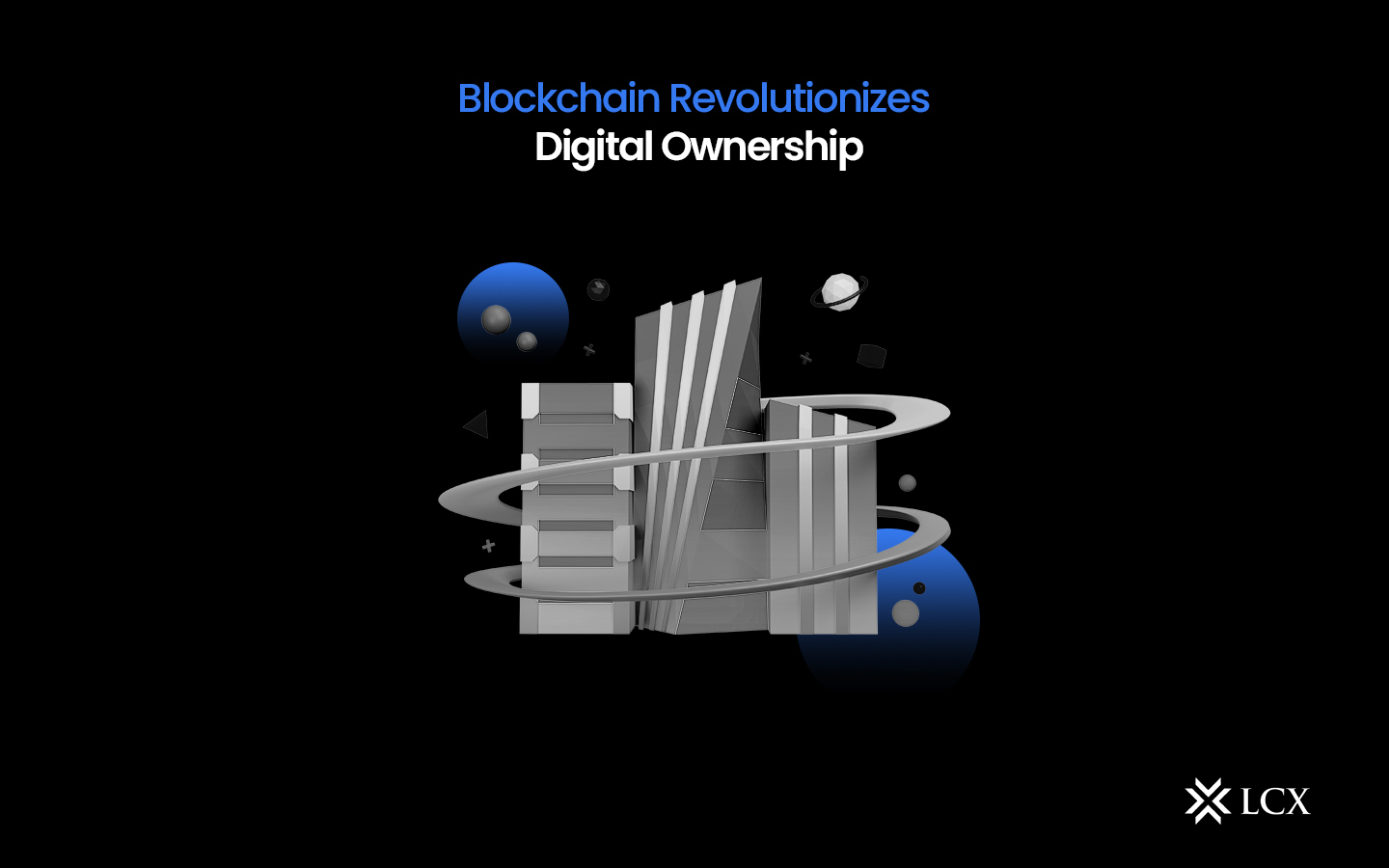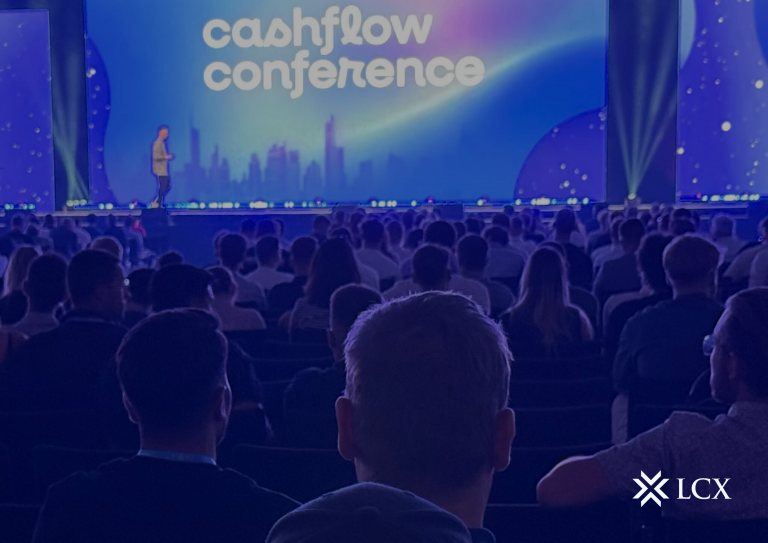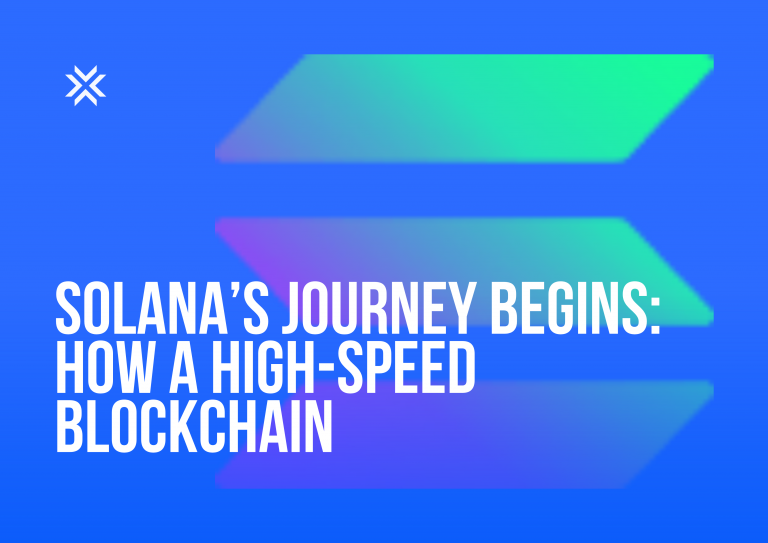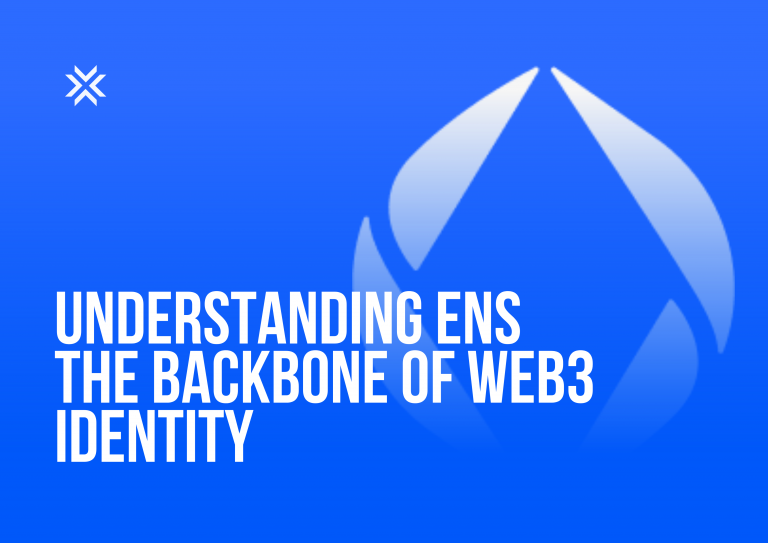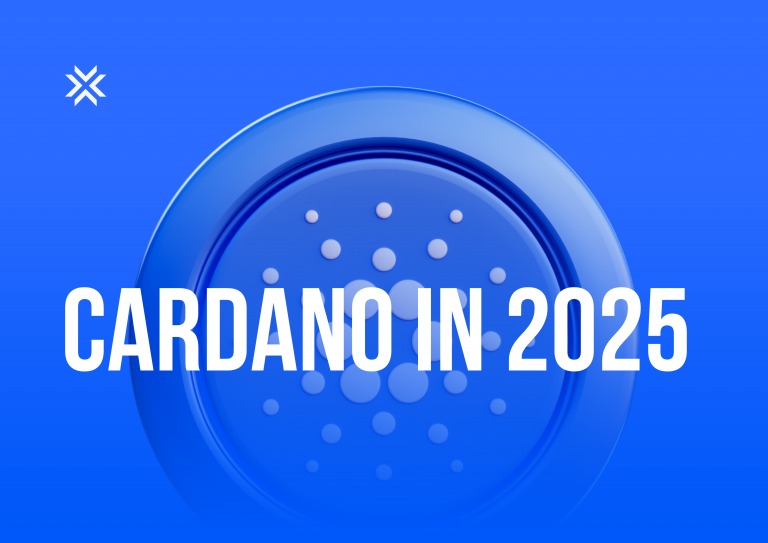In today’s digital era, the concept of ownership has taken on a new dimension. Traditional ownership of physical assets has gradually given way to digital assets, such as cryptocurrencies, digital art, virtual real estate, and more. However, the challenges of establishing trust, verifying authenticity, and preventing fraud in the digital realm have been persistent obstacles. Enter blockchain technology—a revolutionary innovation that has the potential to transform the way we perceive and manage digital ownership. In this blog post, we will explore how blockchain technology can revolutionize digital ownership and usher in a new era of transparency, security, and decentralized control.
Understanding Digital Ownership
Digital ownership refers to the legal rights and authority an individual or organization has over a digital asset or property. Typically, ownership is associated with tangible items such as real estate, construction endeavors, and automobiles. As the internet and digital commerce have expanded, ownership of digital assets has become increasingly important.
Under existing rules and regulations, digital ownership entails the liberty to utilize, give away, sell, or modify the digital asset as the owner sees fit. Due to the expanding digitization of many assets, such as art, music, video games, and financial instruments, blockchain technology enables new possibilities for secure and decentralized digital ownership. Blockchain technology enables individuals to own and control their digital assets without intermediaries such as banks or governments. In the digital economy, democratizing ownership could create new opportunities for producing and exchanging value.
How Does Digital Ownership Work?
Digital ownership uses digital tools and technology to produce a safe and transparent record of ownership and transfer of digital assets, allowing individuals and organizations to own and administer their digital assets in a decentralized and secure manner.
Digital technologies such as blockchain, smart contracts, and digital signatures generate and administer a record of the transfer of digital assets. Blockchain technology is advantageous for digital ownership because it provides a secure and decentralized ledger of transactions that can be used to record Web3 digital asset ownership and transfer. Each transaction that is validated and preserved on the blockchain provides a record of ownership that is both transparent and indecipherable.
Smart contracts, which autonomously enforce the conditions of an agreement between two parties, are an additional technology that can be used for digital ownership. These contracts can be used to regulate who possesses which digital assets and how they are transferred, thereby eliminating the need for intermediaries in asset exchanges.
Digital signatures can also establish possession of an asset. A digital signature is a mathematical technique that verifies the authenticity of a digital message or document. This can be used to provide evidence of control and possession of digital assets.
How Blockchain Is Revolutionizing Digital Ownership of Assets
Authenticity and Provenance:
One of the fundamental challenges in the digital world is verifying the authenticity and provenance of digital assets. Blockchain technology provides an elegant solution to this problem. By recording each transaction and its details on the blockchain, digital assets can be traced back to their origin, establishing an unbroken chain of ownership. This feature is particularly relevant in industries such as art, where provenance plays a crucial role in determining an artwork’s value. With blockchain, artists can create unique digital assets, known as non-fungible tokens (NFTs), which can be easily verified and traded, ensuring authenticity and provenance in the digital art market.
Decentralization and Peer-to-Peer Transactions:
Blockchain’s decentralized nature eliminates the need for intermediaries in digital ownership. Traditionally, when buying or selling digital assets, we rely on centralized platforms that act as intermediaries, introducing delays, fees, and potential security risks. Blockchain enables direct peer-to-peer transactions, cutting out the middleman and empowering individuals to engage in transactions with increased speed, reduced costs, and enhanced security. This decentralized approach has revolutionized the way we trade cryptocurrencies, allowing for secure and efficient transfers of digital value across the globe without the need for traditional banking systems
Enhanced Security and Transparency:
The decentralized nature of blockchain technology enhances the security and transparency of digital ownership. The distributed ledger ensures that every transaction is recorded and replicated across multiple nodes in the network, making it exceedingly difficult for malicious actors to tamper with the data. Additionally, the use of cryptographic algorithms provides secure ownership verification, protecting against counterfeiting and fraud. The transparency of blockchain allows stakeholders to track and audit ownership records in real-time, reducing the risk of disputes and enhancing trust in digital ecosystems.
In Conclusion
The advent of blockchain technology has ushered in a new era of digital ownership, transforming the way we perceive, authenticate, and trade digital assets. Through its decentralized architecture, blockchain enhances security, transparency, and trust in the digital realm. It enables the verification of authenticity and provenance, facilitates direct peer-to-peer transactions, automates ownership processes through smart contracts, and introduces the concept of fractional ownership.
Numerous factors are likely to influence the future of digital ownership, including technological advancements, shifting consumer behavior, and regulatory frameworks. New ownership structures and asset classes will likely emerge as a result of blockchain technology’s continued development. As NFTs grow in popularity, they may ultimately be applied to a variety of digital assets, such as video games, virtual homes, and music.
As more individuals acquire digital assets, the number of digital asset exchanges will likely increase. These marketplaces will enable the exchange, purchase, and sale of digital assets in a secure and accessible environment. As blockchain technology continues to evolve, we can expect further disruption and innovation in various industries, unlocking new possibilities and revolutionizing the way we define and manage digital ownership.
